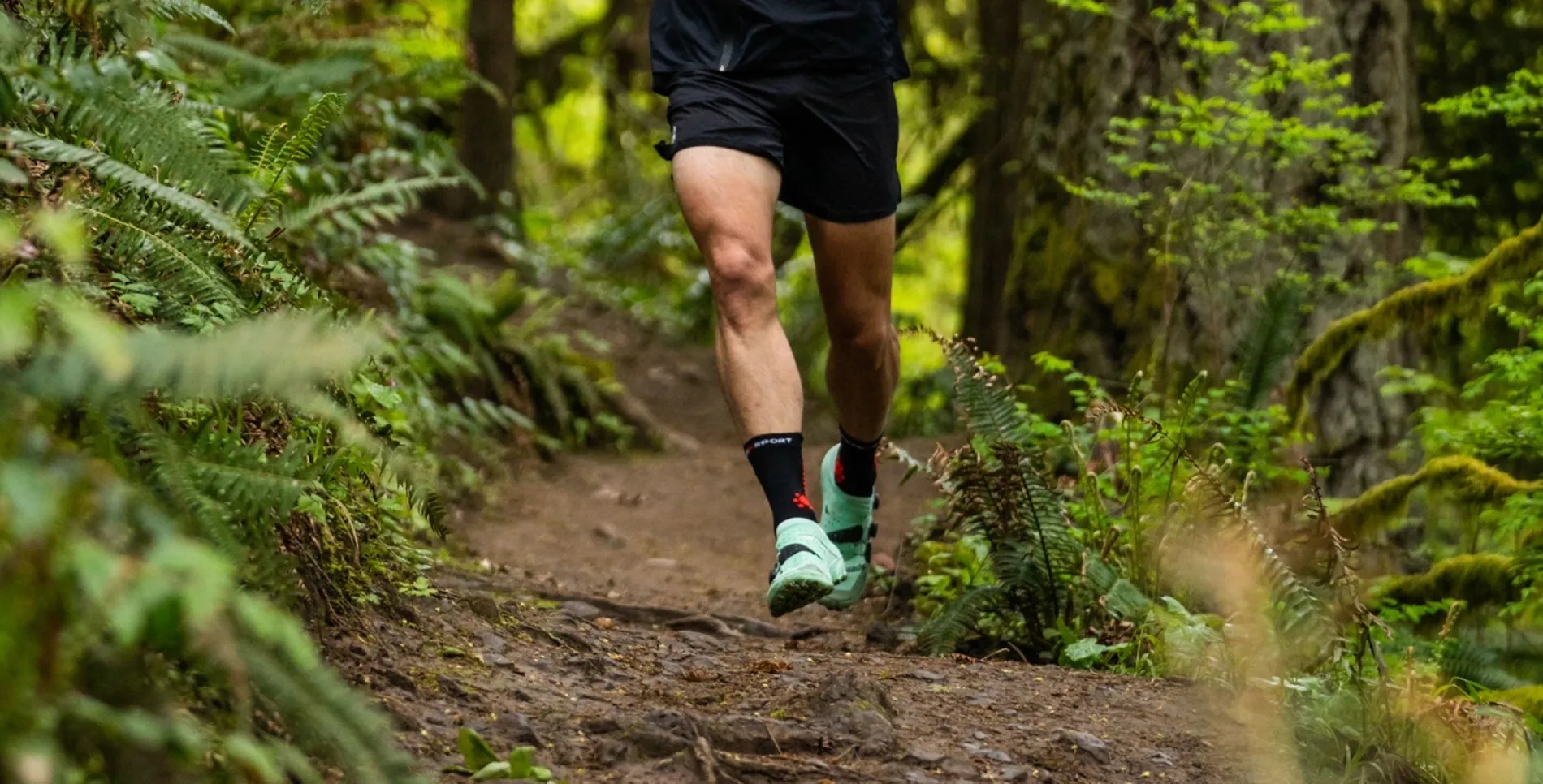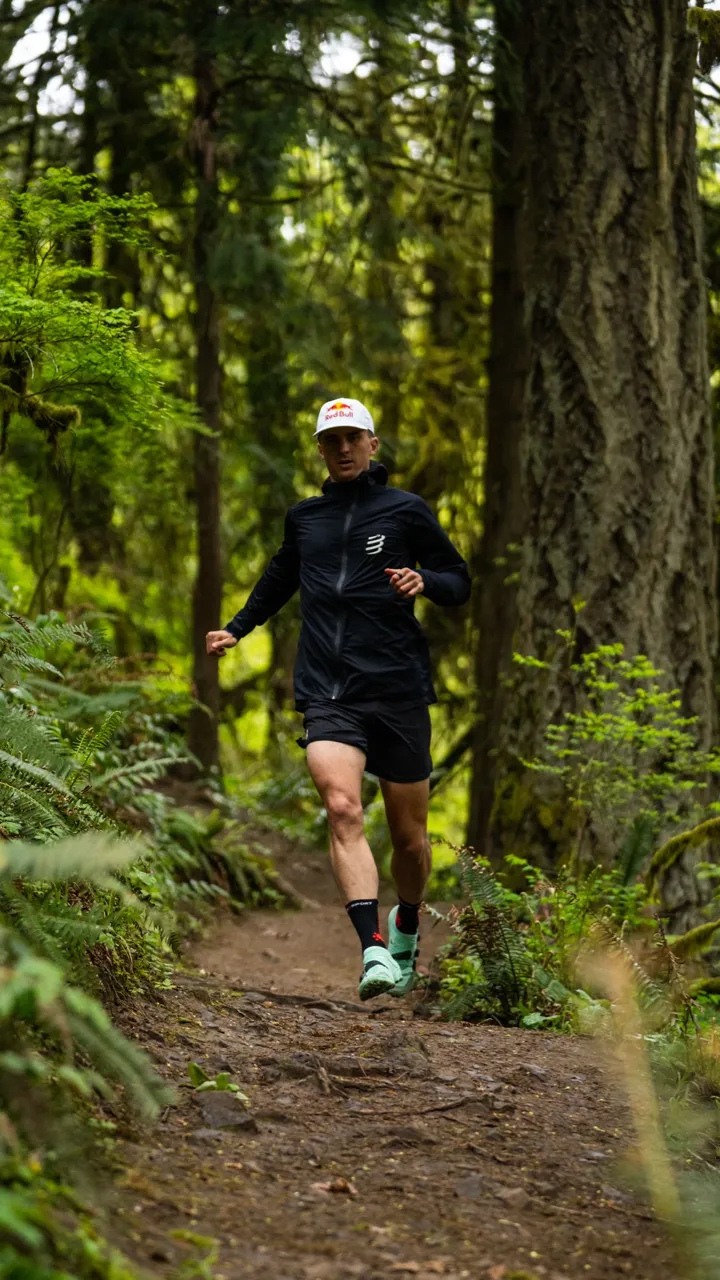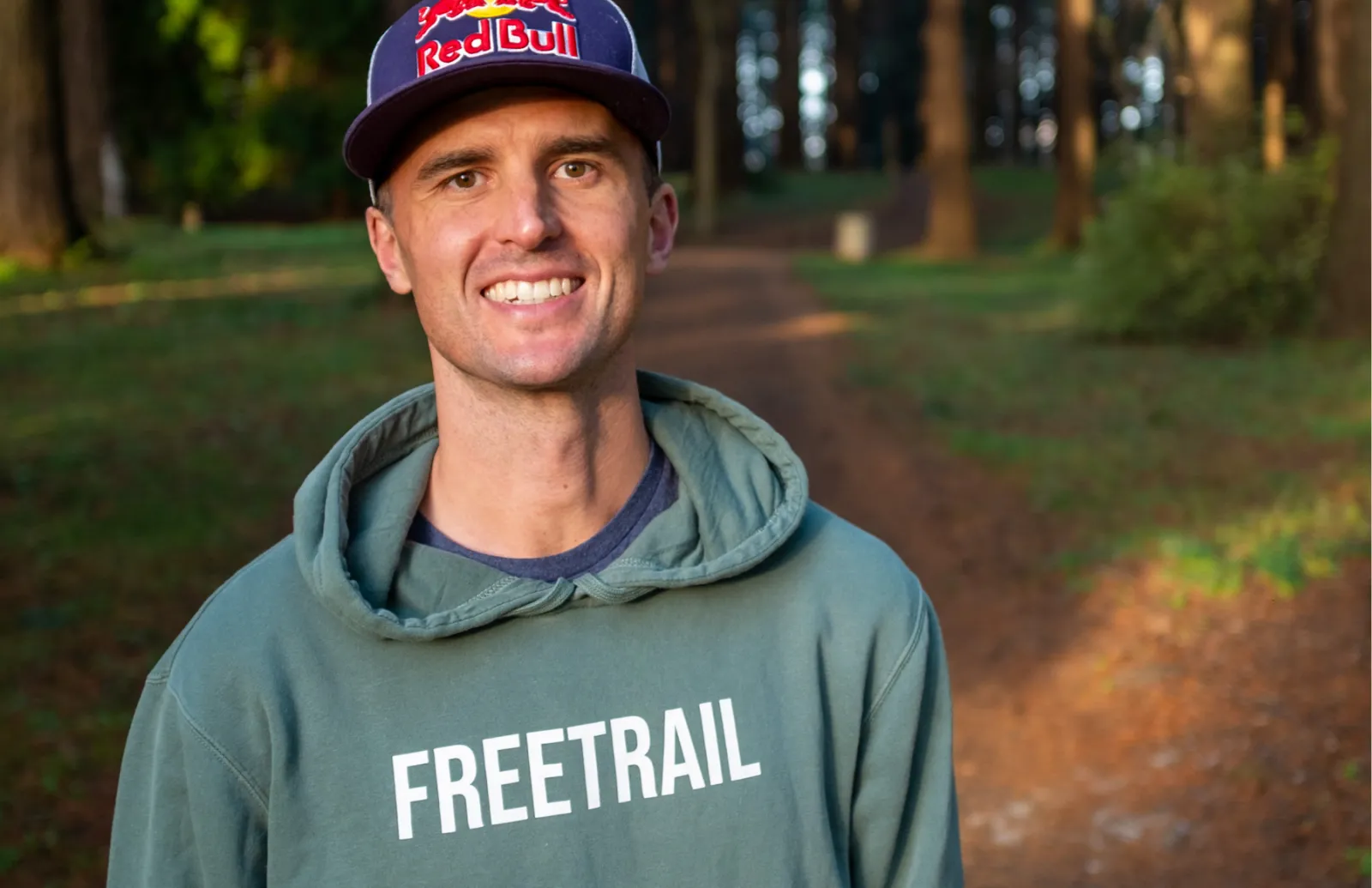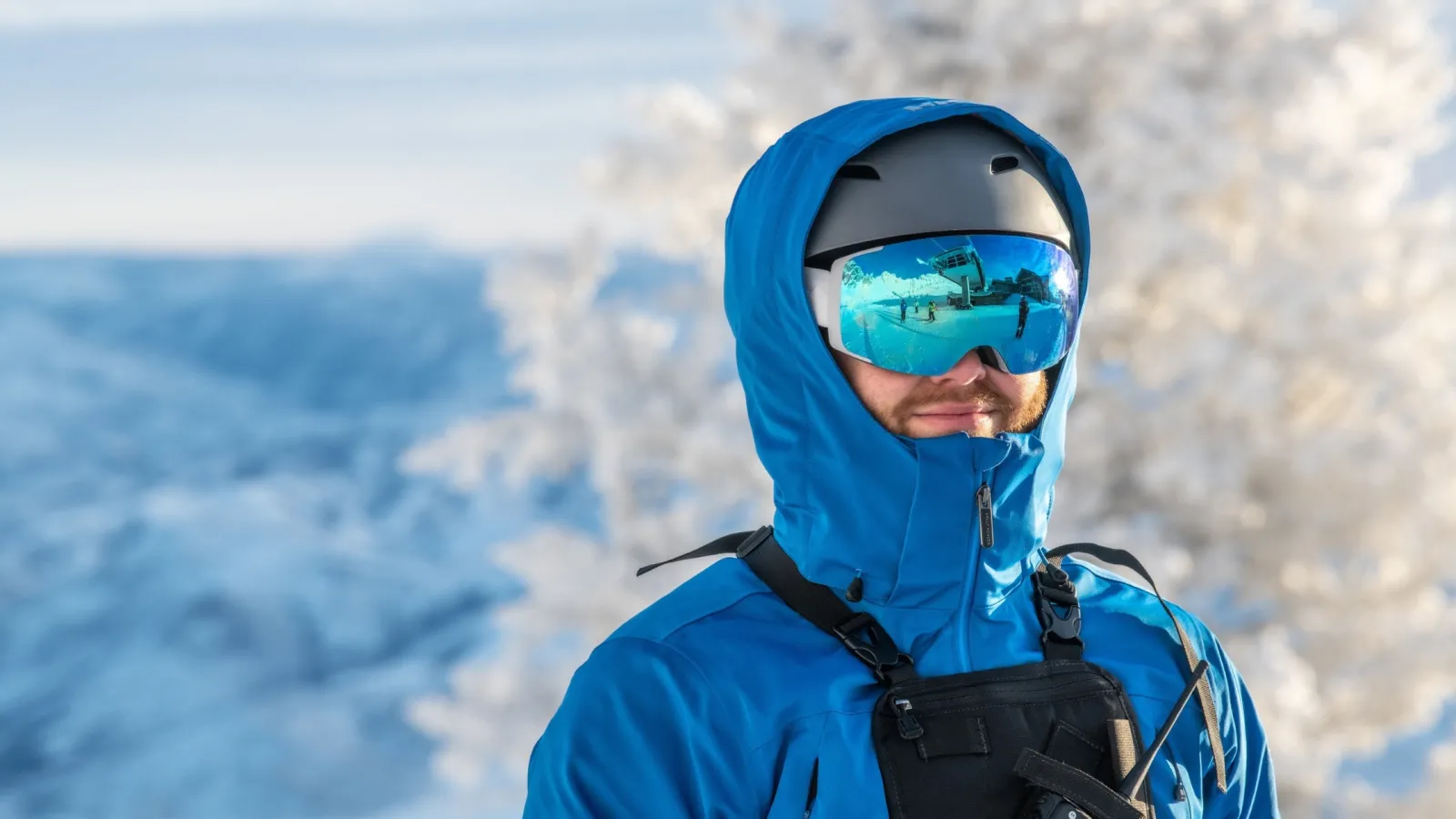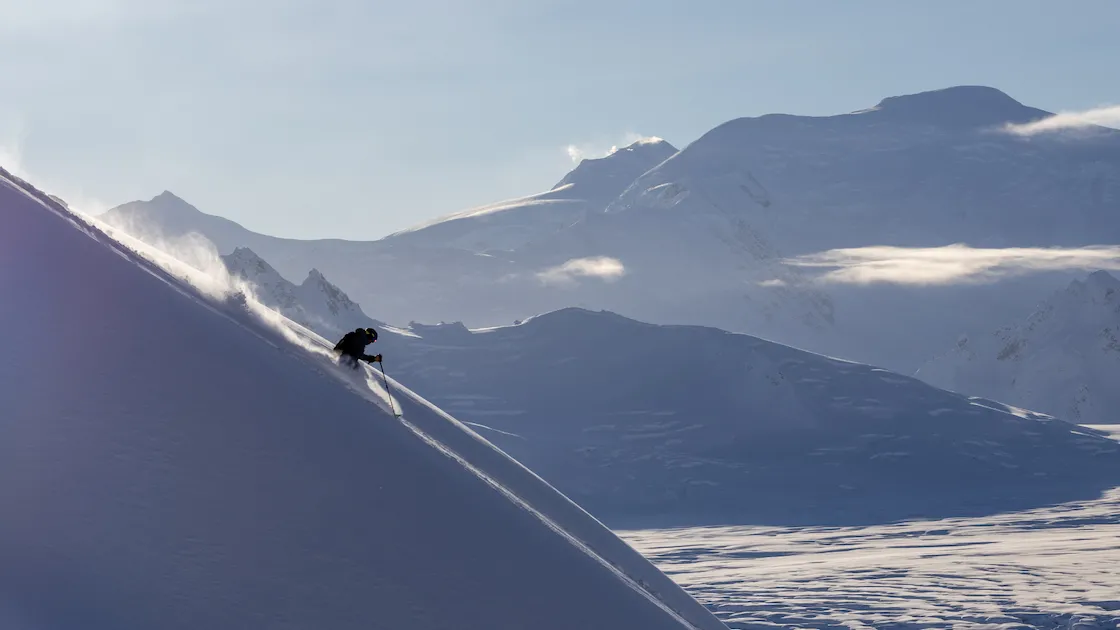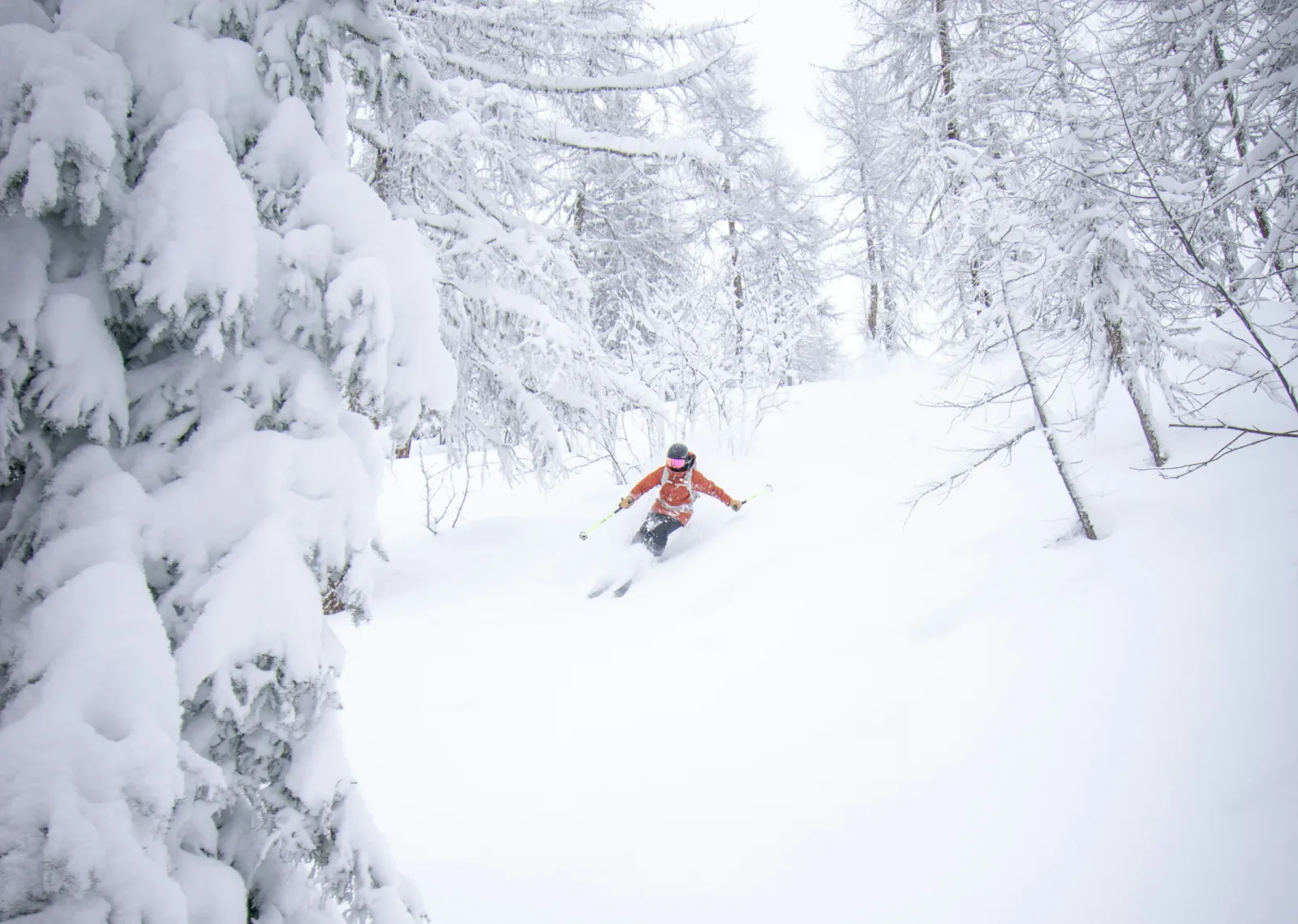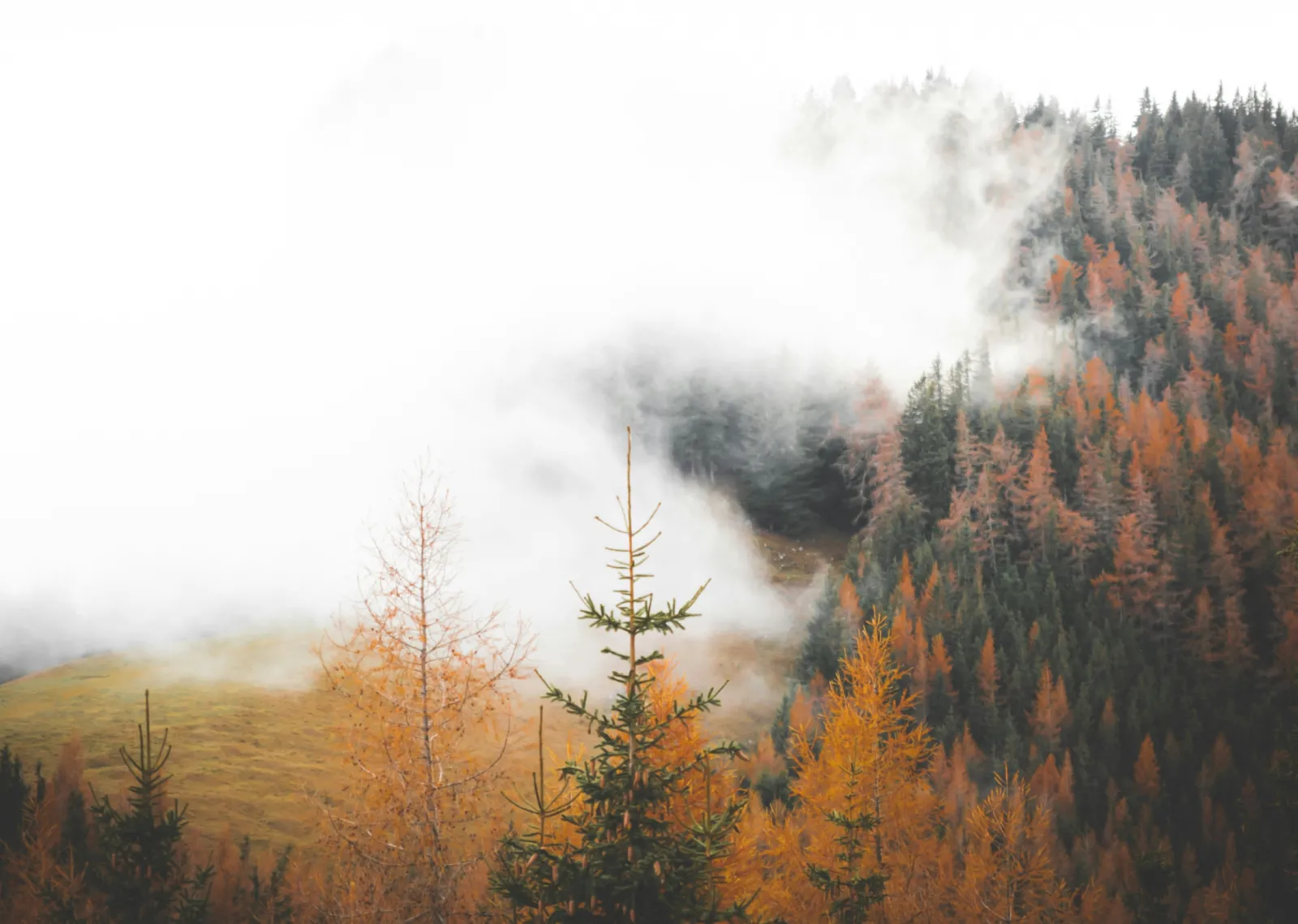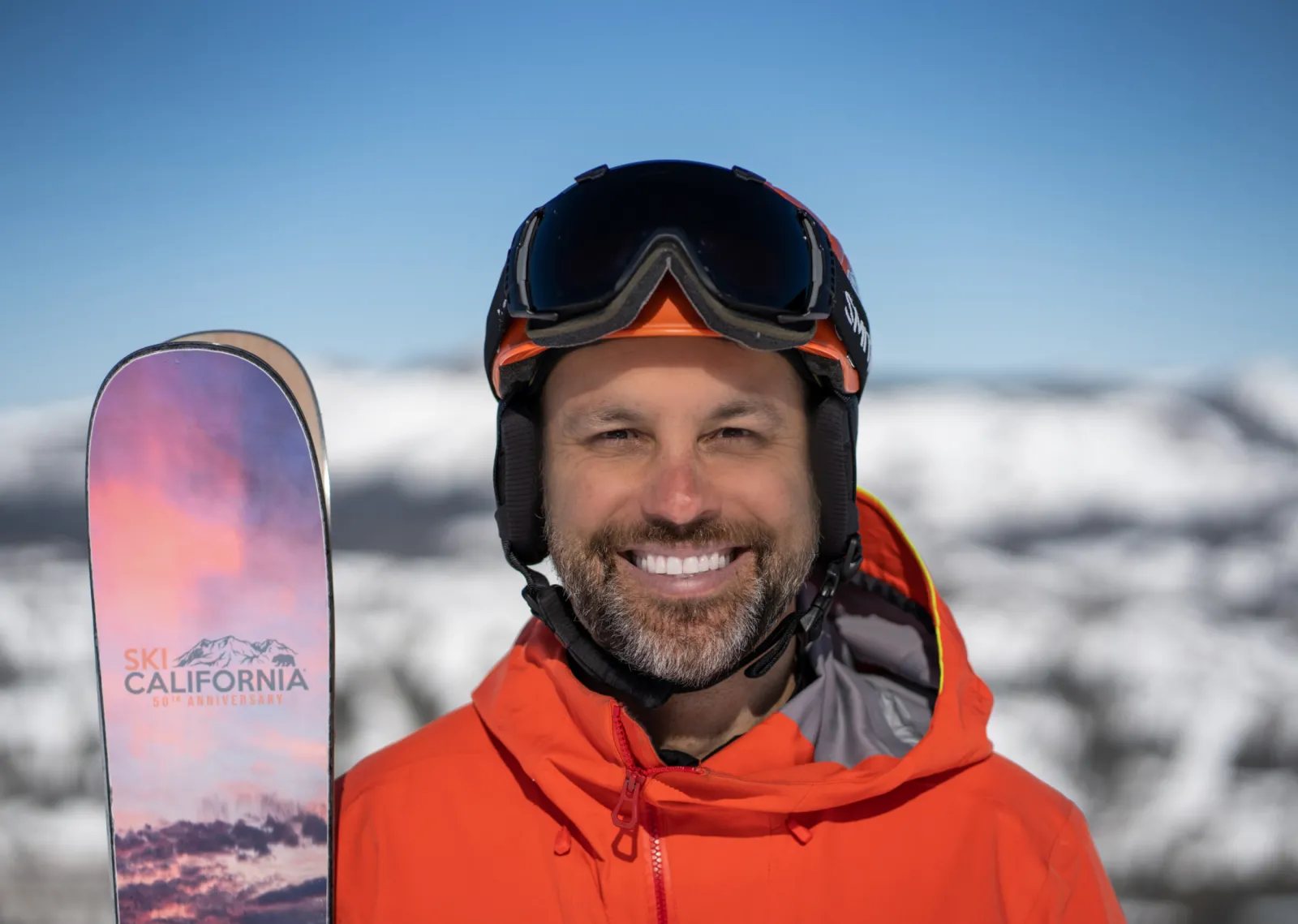The future of trail running: A conversation with Dylan Bowman
Dylan Bowman is known across mountains and trails the world over for his feats as a professional trail runner. He’s won and podiumed at the sport’s most iconic races, including the Western States 100, Hardrock 100, and the Ultra-Trail Mount Fuji. Now, with trail running’s flame burning brighter than ever, he’s committed to ushering in the best possible future for the sport.
We caught up with Bowman to determine if the hype around trail running has legs (pun intended), his evolving identity as an athlete, and what the future holds for athletes and brands in the trail running space.
How do you define your "job title" right now?
It's gotten more complicated lately. I'm a professional athlete first and foremost, though I'm not as young as I once was. I'm experimenting with media entrepreneurship with my platform, Freetrail. I'm a race director for the Gorge Waterfalls trail running races. And I've got the honor of being a board member for the world's oldest 100-mile race, the Western States 100. At a high level, I'm trying to bridge the gap between the old guard and the new school of one of the fastest-growing outdoor sports.
Tell us about the evolution of your identity from athlete to the multi-hyphenate business card you've got today.
I had a personal identity crisis in 2019 caused by a succession of injuries and some difficult things happening in my personal life. That was the catalyst for launching into a new trajectory. I'd been an athlete my entire life, playing lacrosse through college. I just loved sports and being an athlete. And for a long time, being an athlete was a big chunk of my identity. But in 2019, with injuries stacking up, I had to confront who I was outside of that narrow definition. Who was I, if not a professional athlete? That was tough. But it helped me realize that I couldn't hang my hat on being an athlete full-time forever. I needed to evolve.
The first question I asked myself was about making an impact: How can I be of service? I always felt like an adept communicator, and I loved talking about sports. I consumed sports media like crazy, but felt particularly drawn to the stories that humanized athletes; those that gave the audience a way to connect to these people. So, I married all these things together and, with a lot of support and hard work, Freetrail was born.
And what is Freetrail, exactly?
Freetrail is a training and media platform dedicated to trail running, a sport that has changed my life. As a training app, I wanted to create something that helped everyone on their running journey, whether they were lacing up a pair of trail shoes for the first time or a seasoned 100-mile veteran. To that end, it has a catalog of interactive training plans for athletes of all levels.
But it was important to me, based on my own experiences as a competitor, that we take a 360-degree approach to athlete development. Think strength training plans, mobility programs, yoga and meditation lessons, and nutritional information. It’s all about holistic development. None of these things existed when I was starting in the sport, so I created the platform I wish I’d had in my earlier years.
On the media side, we produce two podcasts and publish social content. The idea is to have wide-ranging conversations with people from every corner of the trail running industry. It's one of the things I love doing most, honestly. And it's a natural outgrowth for me because, as I said earlier, I love conversing with people and hearing about their lives. Sharing those stories with people across the planet is just something special. And given where I am in my career as an athlete, I know how important it is to be able to get your story out there.
Can we double-click on that? Why is that so important to you? And to athletes in general?
It's crucial because athletic accomplishments only go so far, at least as far as making a living is concerned. You've got to perform athletically, sure. But there needs to be something people can connect with beyond that. There are so many fast runners out there winning races, so what helps athletes secure sponsorships, which are very much the lifeblood of most trail runners' careers today? You have to communicate your story. And when it comes down to it, it's the athlete's responsibility to make that happen.
I had a moment in my career where it became abundantly clear that no one would help me tell my story—I had to do it myself. And this became the lens through which I started evaluating my sponsorships. Free products and a check every year are great, but if I wanted my impact to extend beyond my athletic prime, the traditional model wouldn't cut it.
Now, I'm fortunate to pair my athletic sponsorships with Freetrail's media business to help deliver even more value for brands, which ultimately creates more value for myself, too. Extending my identity beyond the term 'athlete' has helped me build a bigger, more relevant personal brand, which is attractive to sponsors.
So what might the athlete-sponsorship model of the future look like in trail running?
This is a great question. I'll use my own experience as an example. One of my most recent sponsorship deals is with Speedland, a Portland-based footwear company. I'm an athlete for the brand, but they have also committed to sponsoring Gorge Waterfalls 50/100k and Freetrail's media projects. And because I felt so aligned with their philosophy and approach to trail running, I became an ownership partner in the brand, too. The important thing here is that this aligns our incentives in a concrete way. We're literally invested in each other.
I've worn logos and represented products in the past, but being an owner is a different dynamic altogether. I feel empowered, and I want other athletes to feel that. This sort of model is becoming more and more common, with world-class athletes like Simone Biles and Allyson Felix striking up similar deals with Athleta. The concept of athletes receiving ownership equity in exchange for attaching their personal brands to businesses is indicative of power shifting to athletes and creators. I'm here for it. I'm an advocate for professional athletes, and that's what I'm hoping to help cultivate in trail running.
Zooming out, what do you think about the future of the sport of trail running as a whole?
I'm very bullish. I've got the reputation of being the guy who's constantly beating the drum for the sport. That's just a product of believing that trail running is a life-changing sport. The simplicity of it is incredible. And compared to other endurance sports, it's such a spectacle. Compare the Ultra Trail du Mont Blanc (a race that circumnavigates Mont Blanc through three different countries) with your typical American Ironman race. They're just not in the same league. But the lynchpin for the next five years is bringing the sport into people's living rooms to highlight the drama and the athletes' stories, all set against these awe-inspiring landscapes. We've got to enhance the race day experience for fans through live streaming and commentary. That's beginning to happen now, particularly at the biggest races.
Trail running has a huge advantage if it can get the word out and showcase its values and awe. And I think the world needs more spirited competition with people bringing the best out of each other. We need more connection, to share more empathy with each other. Trail running embodies all of those things, so I'm excited to embrace the future and help build the best one possible.
